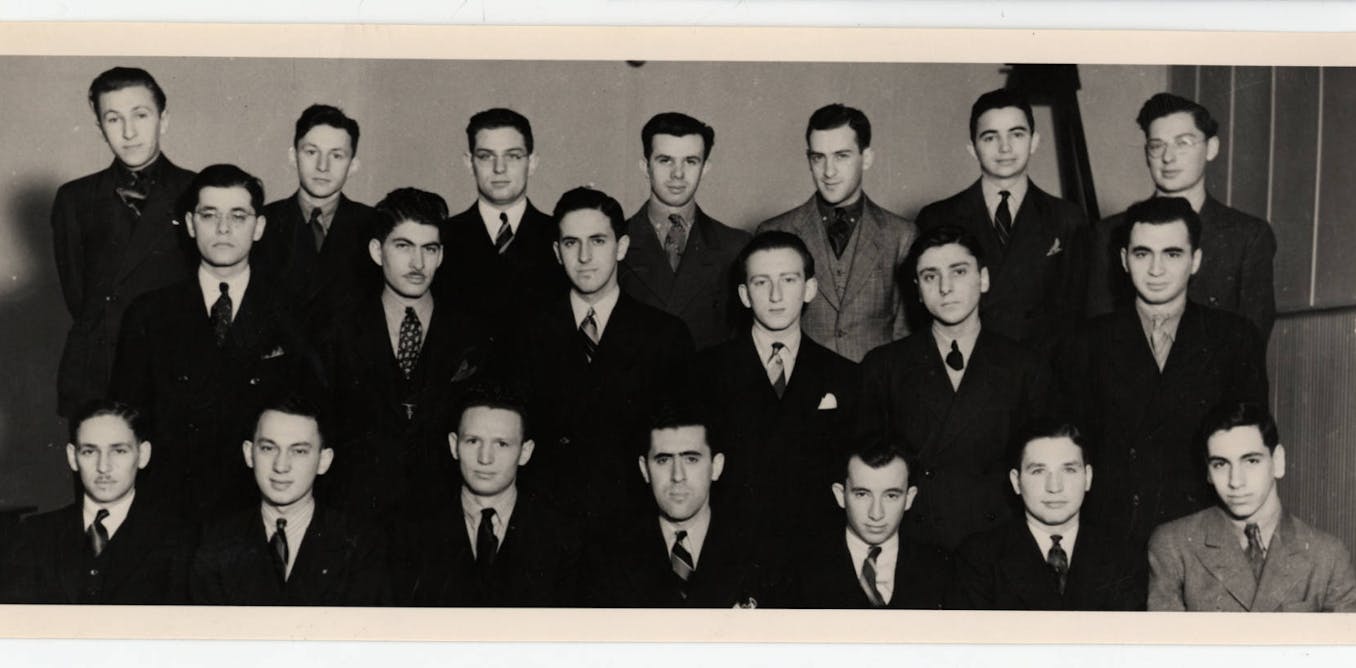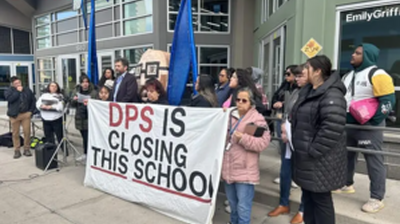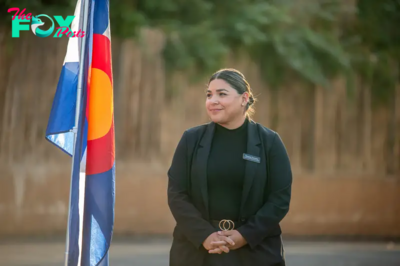Education
Amendment 80 explained: Placing a right to school choice in Colorado’s constitution

Colorado voters will decide in November whether to add another layer of protection to school choice by enshrining a right to school choice in the state constitution — a step opponents worry could open up a gateway to a statewide voucher program.
Voucher programs, which have drawn controversy across the country, use taxpayer dollars to fund private school education and can include schools with a religious affiliation.
Amendment 80, backed by a conservative political nonprofit, would place a right to school choice in the state constitution, with advocates saying the measure is a necessary step to insulate school choice from future legislative attacks.
The measure would need the support of 55% of voters to pass on Nov. 5.
Here’s what Amendment 80 would do and who is supporting and opposing the measure.
☀️ READ MORE
RTD 7A: What you need to know about RTD’s request to keep all its sales tax revenue
Denver’s 16th Street Mall aims for Summer 2025 completion
Denver Basic Income Project could run out of funding before end of the year
What is school choice?
A Colorado law passed by the legislature in 1994 grants students the ability to attend any public school for free, including neighborhood schools, charter schools and online schools. It also lets parents opt to enroll their children in a private school or a homeschooling program.
Families can also navigate a process called open enrollment to send their child to a school district besides their home district.
Charter schools are public schools managed by a nonprofit that establishes a performance contract often with a school district, which serves as the authorizer. The contract grants charter schools more flexibility than traditional public schools over how they educate kids, but they are still subject to the same standards and assessments as district-run public schools.
Critics of charter schools often argue that they siphon critical funding away from traditional public schools at a time when those schools are underfunded.
What would protecting school choice in the state constitution mean?
While the right to school choice is protected by state law, that law can be changed by a simple majority vote of the legislature. The state constitution, however, can only be altered by the passage of measure. Getting an initiative altering the state constitution on the ballot isn’t easy — it requires either the support of two thirds of each the House and Senate or the collection of roughly 125,000 voter signatures, including a portion of the voters in each of the Colorado’s 35 state Senate districts.
That’s one reason that Michael Fields, president of the conservative political nonprofit Advance Colorado Action and the lead driver behind Amendment 80, wants to enshrine school choice in the constitution.
Fields said voters should be the ones making decisions about the schools children can attend, not lawmakers, particularly after a recent failed legislative attempt to make charter schools more accountable and transparent.
“We don’t believe that one size fits all for parents and families, so we should be able to choose what’s the best school for our kids,” Fields said. “(Amendment 80) would just lock in the rights that we already have.”

Could Amendment 80 lay the groundwork for a statewide voucher program?
Education policy experts like Kevin Welner, director of the National Education Policy Center and a professor in the University of Colorado School of Education, say Amendment 80 is “a step along the way” toward a statewide voucher program, especially when looking at how voucher programs have emerged in other states.
“The clear pattern in other states is that vouchers start off very limited and small and then increase in size and scope over time,” Welner said.
He sees the potential for Amendment 80 to spur a variety of lawsuits, including among parents who can’t afford private school tuition and argue that under the measure the state owes them a subsidy. Welner said he would not be surprised to see that kind of lawsuit, but he would be surprised if a court went along with it.
Still, should Amendment 80 pass, what comes next is up in the air, he said.
“Nobody — not me, not the people who wrote the language, not the state’s voters — can say with any confidence what inserting this language in the state’s constitution will eventually lead to,” Welner said. “The wording is intentionally — and I think mischievously — vague.”
Fields disagrees that Amendment 80 is a precursor to a statewide voucher program. He said the measure is not structured in a way that would open up the possibility of a voucher program.
-

 Education1d ago
Education1d agoWhat would it mean if President-elect Trump dismantled the US Department of Education?
-

 Education4d ago
Education4d agoPhiladelphia students have a new reading and writing curriculum − a literacy expert explains what’s changing
-

 Education4d ago
Education4d agoWhy school police officers may not be the most effective way to prevent violence
-

 Education1w ago
Education1w agoCampus diversity is becoming difficult to measure as students keep their race and ethnicity hidden on college applications
-

 Education1w ago
Education1w agoFederal judge rules that Louisiana shalt not require public schools to post the Ten Commandments
-

 Education1w ago
Education1w agoCampuses are ground zero in debates about antisemitism − but that’s been true for 100 years
-

 Education1w ago
Education1w agoSocioeconomic status explains most of the racial and ethnic achievement gaps in elementary school
-

 Education1w ago
Education1w agoMothers, metaphors and dyslexia: What language reveals about the challenges of a child’s learning disability



























